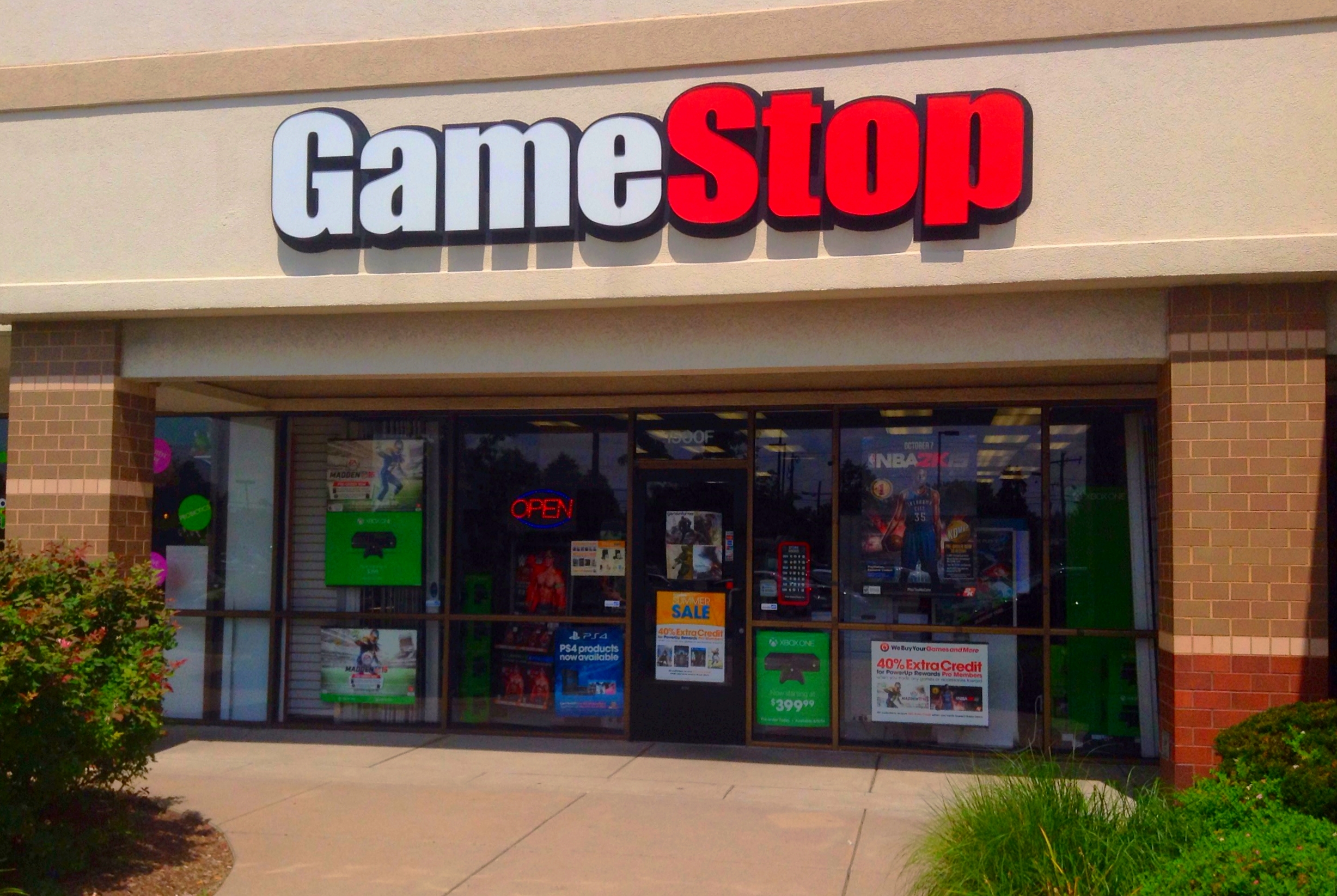Stablecoin startup Bastion secures $14.6M from Coinbase Ventures, Sony, Samsung, and A16z. Learn how Bastion is building compliant infrastructure to power enterprise stablecoin adoption.
Coinbase, Sony, and Samsung back stablecoin infrastructure play
In one of the most significant signals yet of big-tech and crypto convergence, stablecoin startup Bastion has bagged $14.6 million in fresh funding. The round was led by Coinbase Ventures, with heavyweight backing from Sony, Samsung’s investment arm, Andreessen Horowitz (a16z), and crypto-native fund Hashed.
The raise pushes Bastion’s total haul to nearly $40 million—a sharp climb for a company that emerged from stealth just last year. For many, this marks a clear validation of Bastion’s model: making it possible for enterprises to issue stablecoins without regulatory headaches or costly infrastructure buildouts.
Bastion’s white-label stablecoin solution
Unlike most projects that launch their own tokens, Bastion takes a B2B approach, acting as the infrastructure layer for corporations. Its platform allows organizations to roll out fully compliant stablecoins under their own brand—similar to white-label fintech models in banking.
But Bastion isn’t just about minting tokens. The company bundles a suite of Web3 services, including:
Custodial wallets with enterprise-grade compliance
Smart transaction routing for efficiency
Data analytics dashboards tailored for financial products
The idea is simple: help businesses build secure, regulated, and scalable Web3 solutions that feel as seamless as existing Web2 tech stacks. Bastion argues this is the missing link to onboarding the next billion users into crypto.
Corporate appetite for stablecoins surges
The Bastion raise underscores a bigger theme: stablecoins are no longer niche experiments—they’re corporate priorities. Global giants are increasingly leaning into the technology:
Bullish Europe recently launched a euro stablecoin backed by Société Générale.
Kazakhstan’s central bank, in partnership with Solana and Mastercard, piloted a fiat-pegged stablecoin this month.
PayPal USD (PYUSD) just expanded across eight blockchains, strengthening PayPal’s stablecoin push.
Deutsche Bank’s DWS and Galaxy Digital helped launch EURAU, a euro stablecoin now live on Ethereum.
Against this backdrop, Bastion positions itself as the compliance-first gateway for enterprises looking to tap into stablecoin rails without reinventing the wheel.
Why Coinbase, Sony, and Samsung are paying attention
Bastion co-founder and CEO Nassim Eddequiouaq highlighted that demand is “significant” among global enterprises. With Fortune 500s and traditional finance circling the space, Bastion offers the missing regulatory scaffolding.
For Coinbase Ventures, the bet aligns with its broader push to build institutional-grade crypto infrastructure. Sony and Samsung, meanwhile, see stablecoins as a bridge between their consumer tech ecosystems and the fast-emerging world of digital assets.
In effect, Bastion could become the “AWS for stablecoins”, quietly powering financial products for some of the biggest players in the world.
Stablecoins as the new financial backbone
Stablecoins are rapidly becoming the connective tissue between traditional finance and decentralized economies. With over $160 billion in circulation globally, their role is expanding from trading pairs on exchanges to cross-border payments, remittances, e-commerce, and corporate treasuries.
The entry of companies like Bastion—and the enthusiasm from Coinbase, Sony, and Samsung—signals a clear trajectory: stablecoins aren’t just about crypto-native use cases anymore. They’re the rails for the digital economy of the future.
The road ahead for Bastion
Bastion has now raised nearly $40 million in under a year, and it’s doubling down on scaling infrastructure for enterprise-grade adoption. The big question is whether its model of compliance-first, white-label solutions can win over the risk-averse corporate sector.
If successful, Bastion could play a pivotal role in shaping how Web2 giants integrate Web3 functionality—with stablecoins at the center.
For now, one thing is clear: the Bastion raise validates the growing corporate hunger for stablecoin infrastructure, and with backers like Coinbase, Sony, and Samsung in its corner, the startup is well-positioned to lead the charge.
Disclaimer: Parts of this article were generated with the assistance from AI tools and reviewed by our editorial team to ensure accuracy and adherence to our standards.








